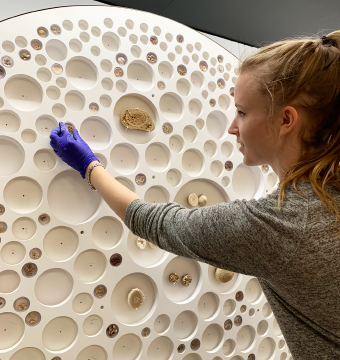Caring for the Science Museum Group Collection

Revised versions of the HTA’s Codes of Practice
We've published updated versions of our Codes of Practice (except Code F, Part two: Deceased organ and tissue donation which was published on 1 June 2023).
Tags
Public Display Licensing Standards and Guidance
The purpose of this guidance is to assist licensed establishments to meet the HTA’s licensing standards. The documents contain additional information and examples of how to meet certain Standards.
Annual activity data collection
All establishments licensed to carry out activities under the Human Tissue (Quality and Safety for Human Application) Regulations 2007 must submit data relating to the activities you undertook and the tissue types you worked with between 1 January 2024 and 31 December 2024
Data must be submitted via the HTA Portal between 9.00 am Monday 13 January 2025 and 5.00 pm on Monday 31 March 2025.
Regulatory alerts
Code of Practice D: Public Display is now published
Today, the Human Tissue Authority (HTA) has published an updated version of Code of Practice D: Public Display. The HTA undertook a review of Code D to align the expectations of consent for imported material for public display with that of material originating in England, Wales and Northern Ireland.
Tags
Guidance on public display and imported material
A key principle of the Human Tissue Act (HT Act) is that all human bodies, body parts and tissue should be treated with appropriate respect and dignity. It is important that checks and procedures are put into place to ensure that appropriate consent is obtained for the public display of human material.


